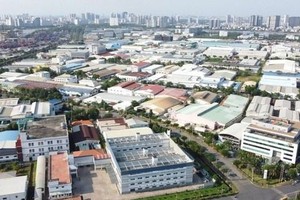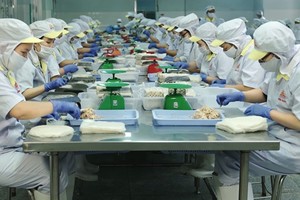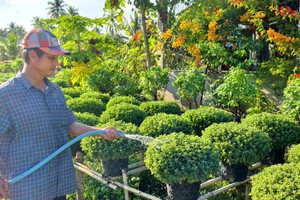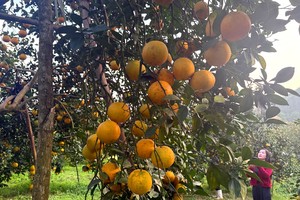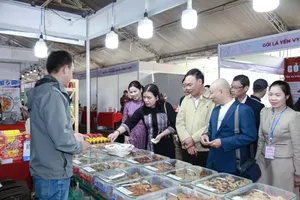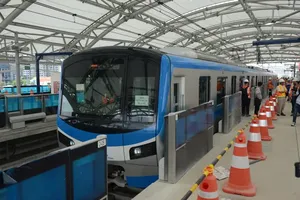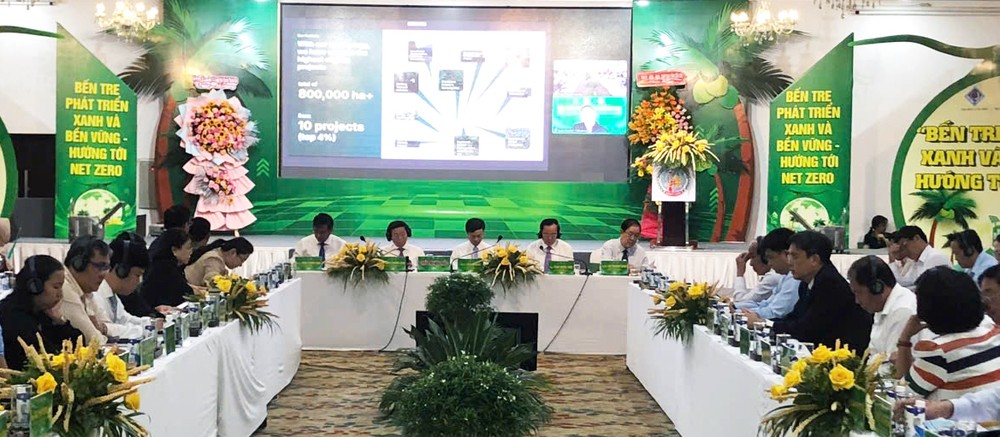
The People’s Committee of Ben Tre Province, in collaboration with the Ministry of Science and Technology and Can Tho University, today organized a scientific workshop on the coconut industry with the theme ‘Ben Tre: Sustainable Green Development Toward Net Zero'.
During the workshop, Chairman Tam stated that Ben Tre has the largest coconut area in the country with 79,000 hectares bringing annual revenues of nearly $500 million for local growers.
Determining coconut trees as one of the key industrial crops, leaders of the province have taken heeds of establishing investment-attracting policies, and enhancing the application of scientific and technological advancements in coconut production and processing, aligned with domestic consumption needs and the international market, said Chairman Tam.
According to Mr. Tam, Ben Tre with the largest coconut area in the country has the potential to store from 1.9 to 5.8 million tons of CO2 (excluding the trees under the coconut canopy). It also has the potential to participate in the carbon credit market and aims for a green economy, circular economy, and climate change resilience.
Therefore, the agricultural sector in Ben Tre Province is focusing on further developing eco-friendly, circular agriculture with low carbon emissions, environmental friendliness, and adaptability to climate change.
Currently, coconut-based products in Ben Tre Province have achieved global distribution with their presence in supermarkets in 90 countries and regions. Mr. Tam shared that companies are actively working to solidify and grow their export markets.
Chairman Tran Ngoc Tam expected that this conference would comprehensively assess and closely align the content related to the role and position of coconut trees in Vietnam (with a focus on the Mekong Delta region) and their ability to adapt to climate change. He also encouraged conference participants to talk about the potential for coconut trees to sequester carbon with an orientation toward low-carbon production.
Additionally, the province is planning sustainable development policies for the coconut industry, including strategic frameworks, standards, and policies for the carbon credit market related to coconut production in Ben Tre. These efforts contribute to the sustainable development of the coconut sector.
This event is also an opportunity for the People’s Committee of Ben Tre Province to sign cooperation agreements on training, science and technology, and innovation for the period between 2024 and 2025 with the Vietnam Academy of Science and Technology, Can Tho University, and Ho Chi Minh City National University. This collaboration is hoped to contribute to the implementation of goals related to education, science and technology, and creative innovation.
